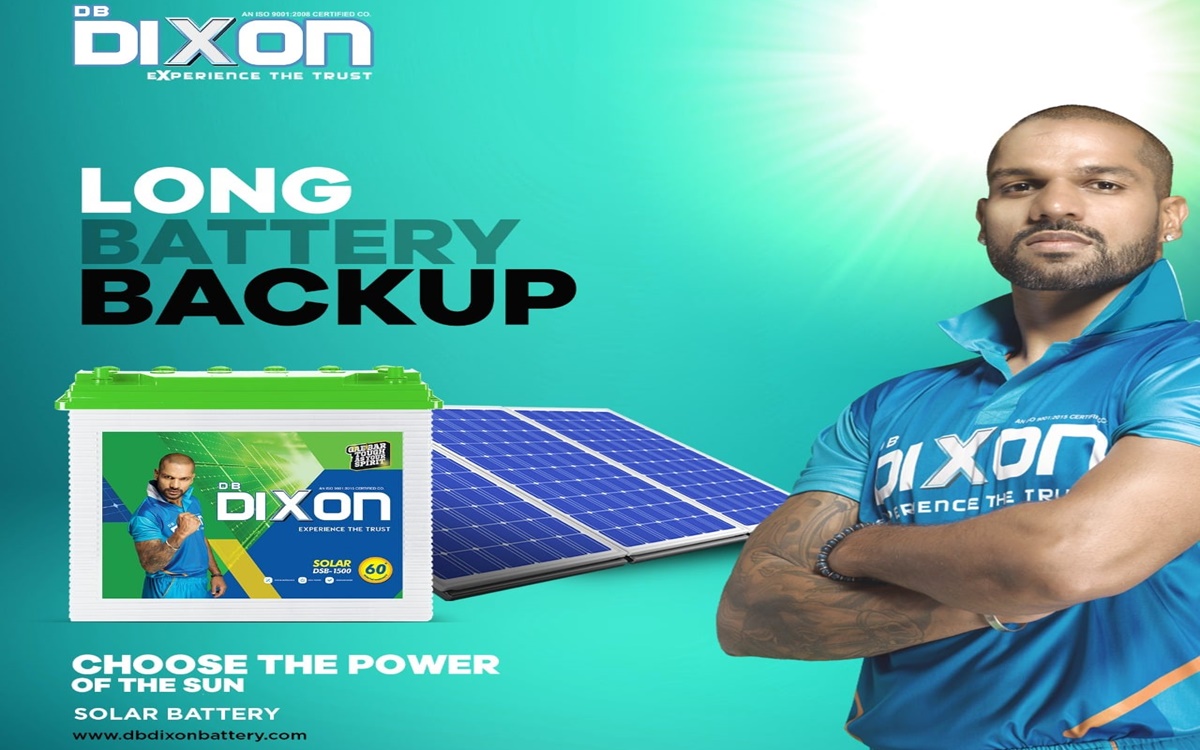In today’s rapidly evolving energy landscape, the demand for sustainable and reliable power sources has led to the rise of solar energy solutions. Among these, solar batteries and generators have emerged as popular choices for providing backup power during outages or supplementing electricity needs. This article will delve into the comparison between solar batteries and generators, focusing on their benefits, installation processes and the suitability of each option for different scenarios.
Solar Batteries: A Sustainable Power Reserve
Solar batteries are the main component of efficient energy storage systems. They harness excess energy generated by solar panels during the day and store it for use when the sun isn’t shining. This approach not only maximizes self-consumption of solar energy but also offers a sustainable and environmentally friendly power source.
When considering how to install solar batteries, the process generally involves integrating them into an existing solar panel setup. This involves connecting the batteries to the solar inverter and ensuring proper wiring and compatibility. Manufacturers like DB Dixon, provide comprehensive installation guidelines and support to facilitate a seamless integration of solar batteries into homes and businesses.
Generators: Instant Power in Times of Need
Generators, on the other hand, have been a reliable source of backup power for decades. They come in various forms, such as diesel, gasoline or propane and can quickly provide electricity during emergencies. While generators offer immediate power, they do come with drawbacks. They rely on fossil fuels, producing emissions and noise, and require regular maintenance.
Installing a generator involves finding a suitable location, connecting it to a fuel source and setting up a transfer switch to ensure a smooth transition between grid power and generator power. However, it’s important to note that generator installation can be more complex than solar battery integration, often requiring professional assistance.
Comparing the Two: Factors to Consider
When comparing solar batteries and generators, several factors should be taken into account:
1.Environmental Impact:
Solar batteries stand out in terms of sustainability, producing clean energy without emissions or noise pollution. They contribute to reducing carbon footprints and promoting greener energy practices.
2.Long-Term Cost:
While solar battery installation might have a higher upfront cost, it provides long-term savings by reducing electricity bills and dependence on the grid. Generators, on the other hand, incur ongoing fuel and maintenance expenses.
3.Convenience:
Solar batteries require minimal maintenance and operate silently. Generators need fuel refills and regular maintenance and their operation can be noisy and disruptive.
4.Reliability:
Solar batteries are dependent on sunlight for charging, which might be an issue in cloudy weather. Generators, if fueled and maintained properly, can provide power regardless of weather conditions.
In conclusion, in the evolving energy landscape, solar batteries and generators are compared for reliable power solutions. Solar batteries store solar energy sustainably, while generators offer instant backup power. Solar batteries integrate with existing panels, promoting self-consumption, while generators run on fossil fuels and need more maintenance. Factors like environmental impact, cost, convenience and reliability influence the choice between the two. Solar batteries excel in sustainability and long-term savings, while generators provide immediate power but come with emissions, noise and maintenance issues.
Follow Us:
